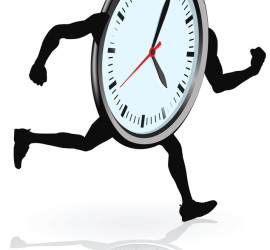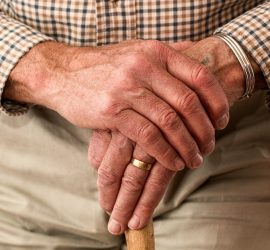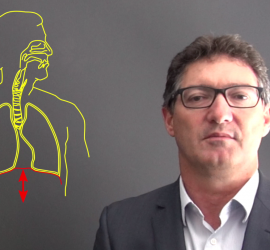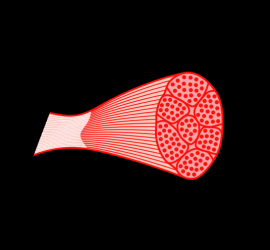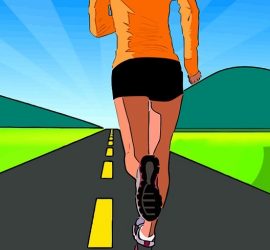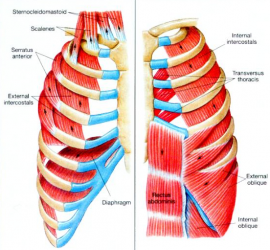Measuring upper extremity function across the adult lifespan
As we age, we generally experience a progressive decline in the ability to use our arms and hands for normal daily activities such as using cutlery to cut food, brushing our teeth and buttoning up a shirt (Shumway-Cook & Woollacott, 2016). The ability to complete everyday activities with our upper […]

